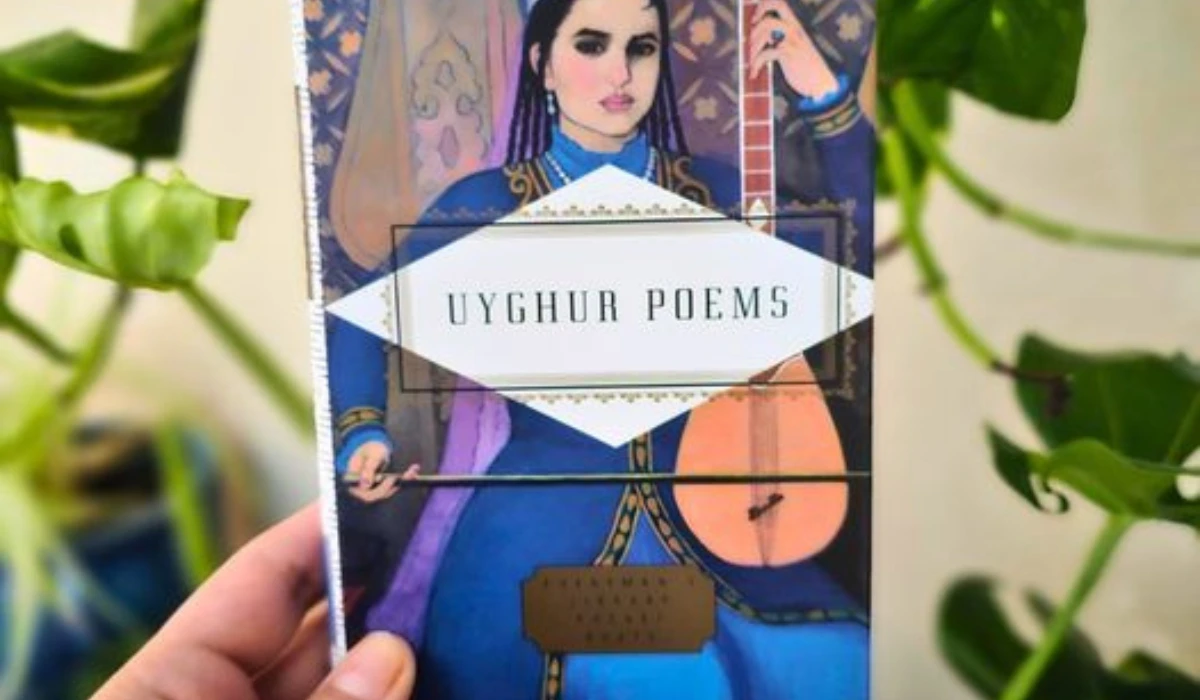Poetry holds a cherished place in Uyghur culture, serving as a vital expression of creativity and a cornerstone of the Uyghur language and literature. Despite severe persecution in recent years, Uyghur poets have kept their cultural legacy alive, using their art to resist and criticize oppressive regimes.
Since 2016, more than three million Uyghurs and other Turkic people in the Uyghur region of China have faced brutal repression, including internment in notorious Chinese camps. The Chinese government’s occupation of East Turkistan, now known as the Xinjiang Uyghur Autonomous Region, began in 1949 with Soviet-backed military action. Despite the changing political landscape, Uyghur poets have continued to use their craft to preserve their heritage and resist oppression.
Uyghur poetry often reflects the rich natural landscapes of Central Asia—its vast grasslands, towering mountains, and harsh deserts—and addresses themes of migration, exile, war, peace, and universal human experiences of nature and love. The legacy of Uyghur poetry includes figures like Abduhaliq Uyghur, a nationalist poet whose work from the early 20th century remains a powerful symbol of resistance. His poignant poem “Bloom!” speaks to the enduring spirit of Uyghur resistance and love amidst adversity.
In recent years, the Chinese government’s tightening grip has led to policies of cultural erasure and mass incarceration, representing severe human rights abuses. In late summer 2018, prominent Uyghur poet Chimangul Awut, known for her poignant verses, was detained and taken to an internment camp. Her final poem before her detention—addressed to her son—reflects the deep sorrow and solidarity felt among the Uyghur community.
Similarly, Gülnisa Imin Gülkhan, another notable Uyghur poet, was sentenced to 17 years in prison following her time in an internment camp. Her work, including a poignant series of poems reflecting the grim realities of life in captivity, stands as a powerful voice of resistance against the regime’s oppressive measures.
The recent publication of a Uyghur poetry anthology, edited by an exiled Uyghur poet now residing in London, captures the essence of Uyghur resilience and cultural heritage. This anthology, set to be released on November 7, 2023, features a broad range of poems—from classic to contemporary—and ends with the editor’s own work, “Roses,” a tribute to his parents and a symbol of hope and defiance against cultural genocide.
This collection is more than a record of suffering; it is a celebration of Uyghur spirit and creativity. It serves as a testament to the Uyghurs’ ongoing struggle for cultural survival and their hope for a future where they can live freely and peacefully. The anthology not only preserves the Uyghur poetic tradition but also stands in defiance of the Chinese government’s efforts to destroy it.

